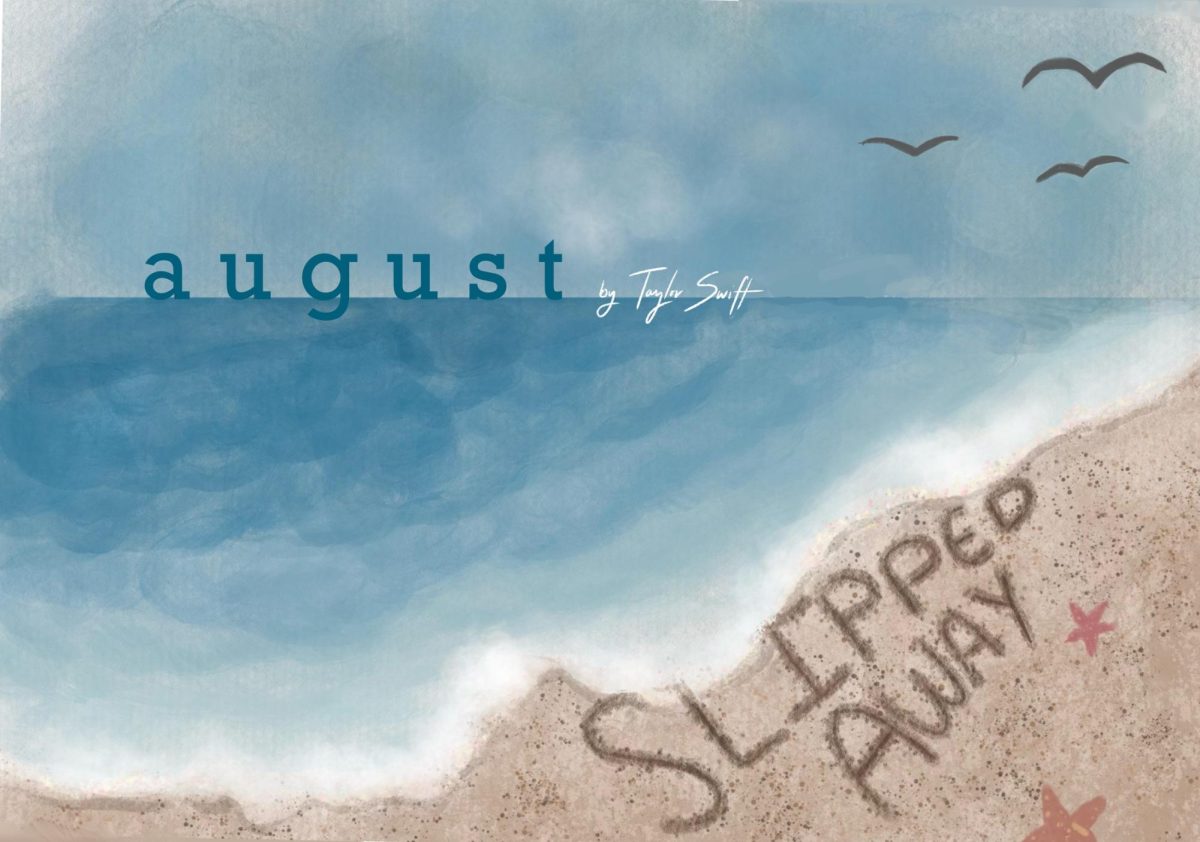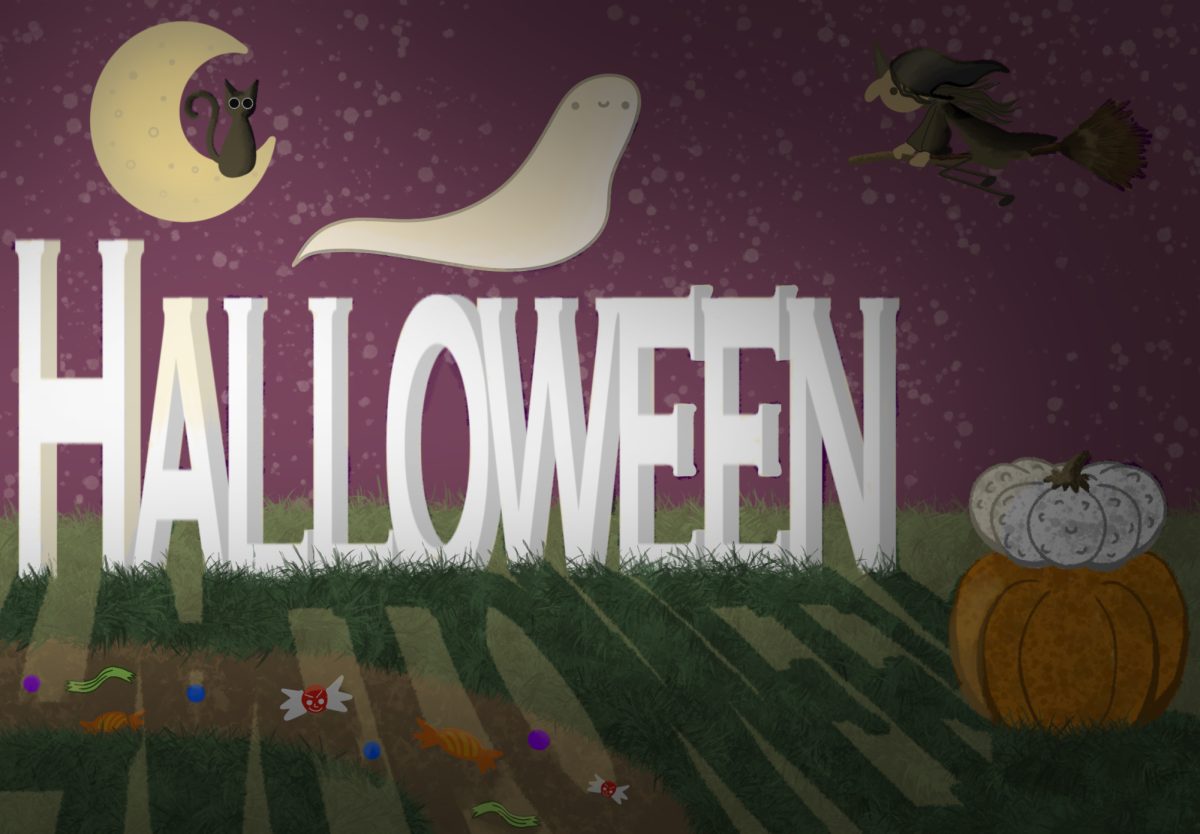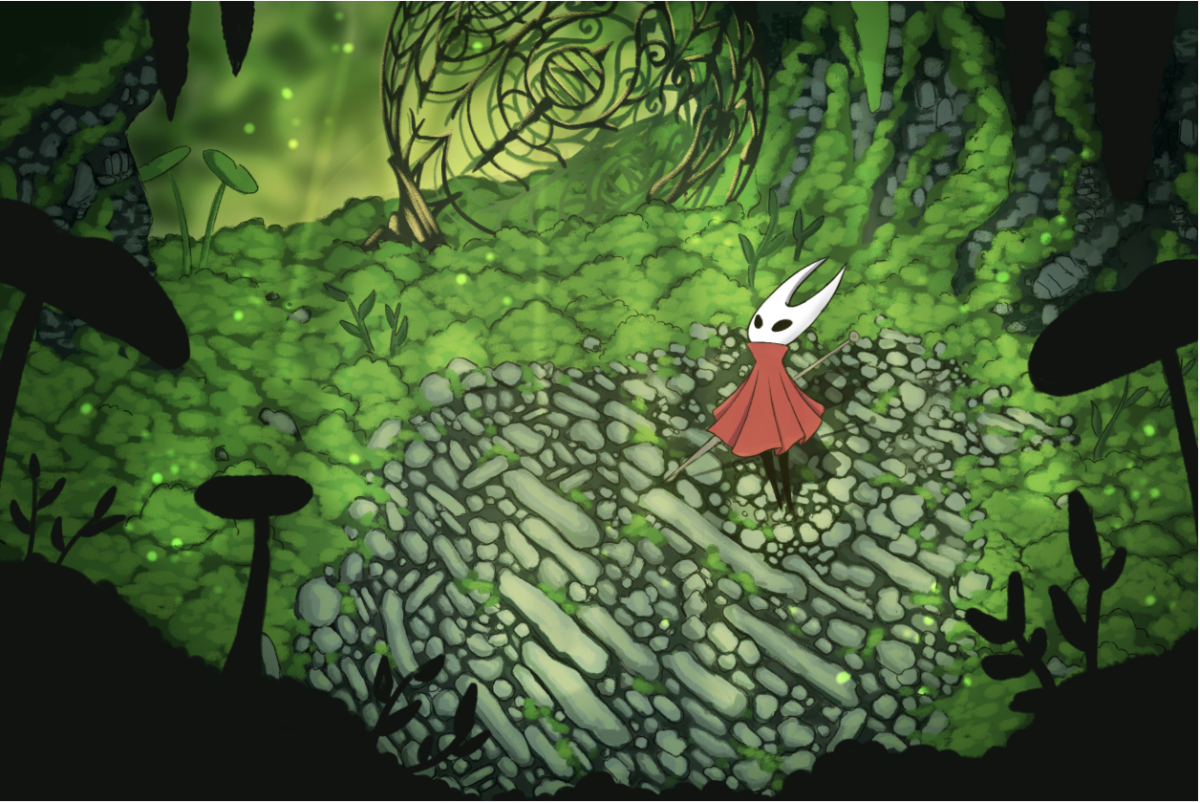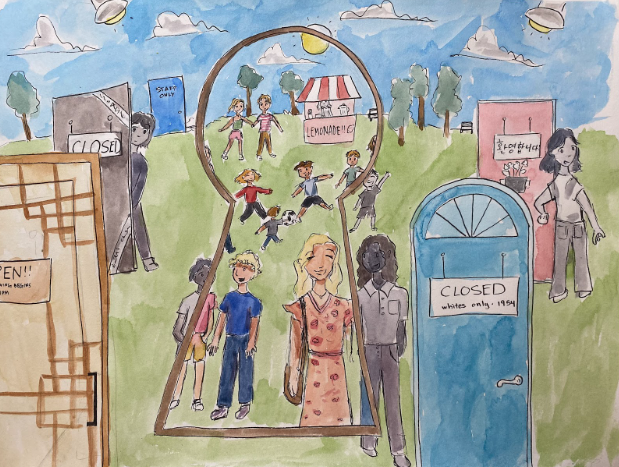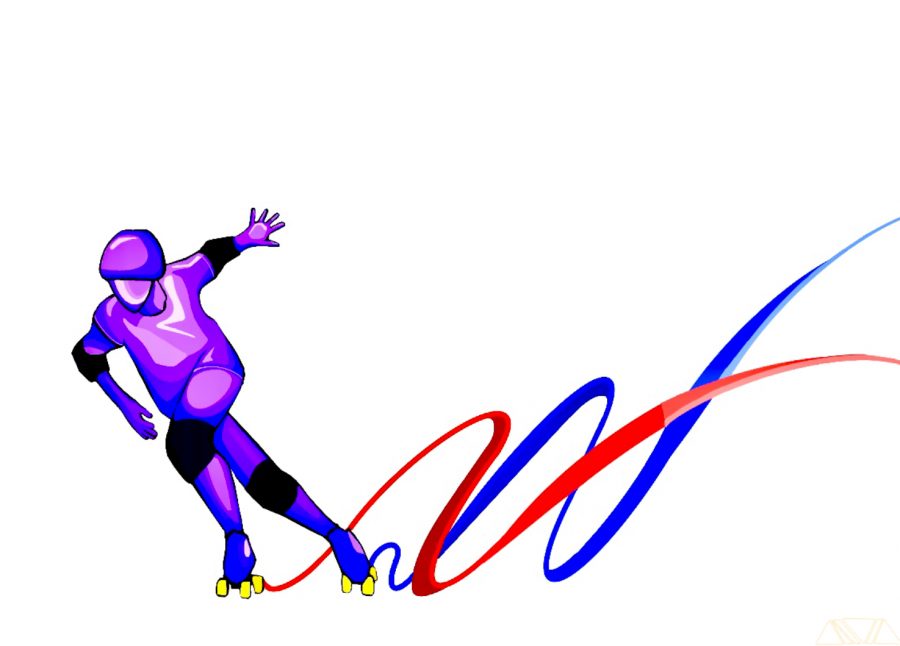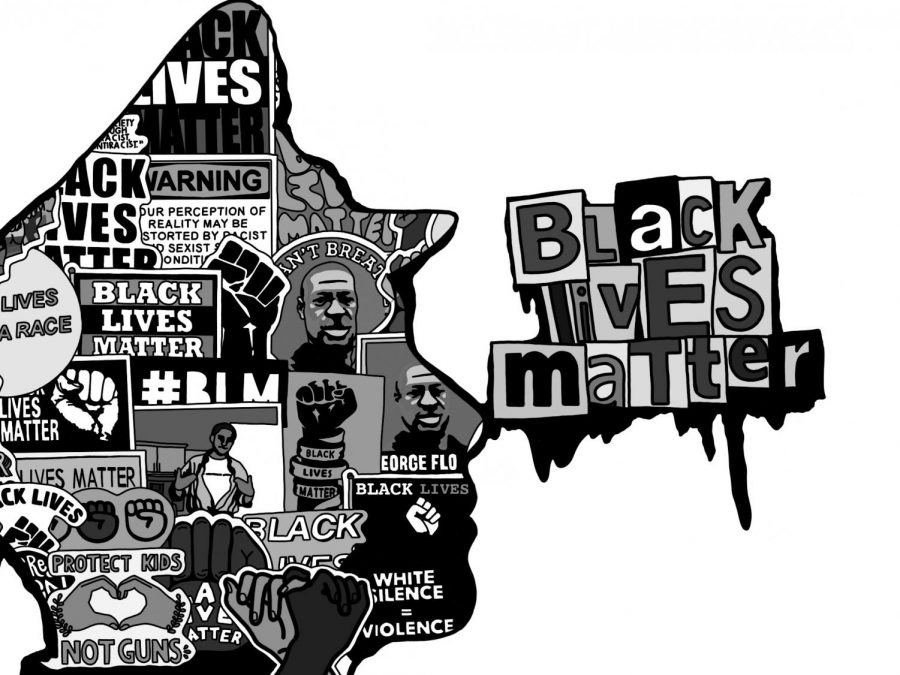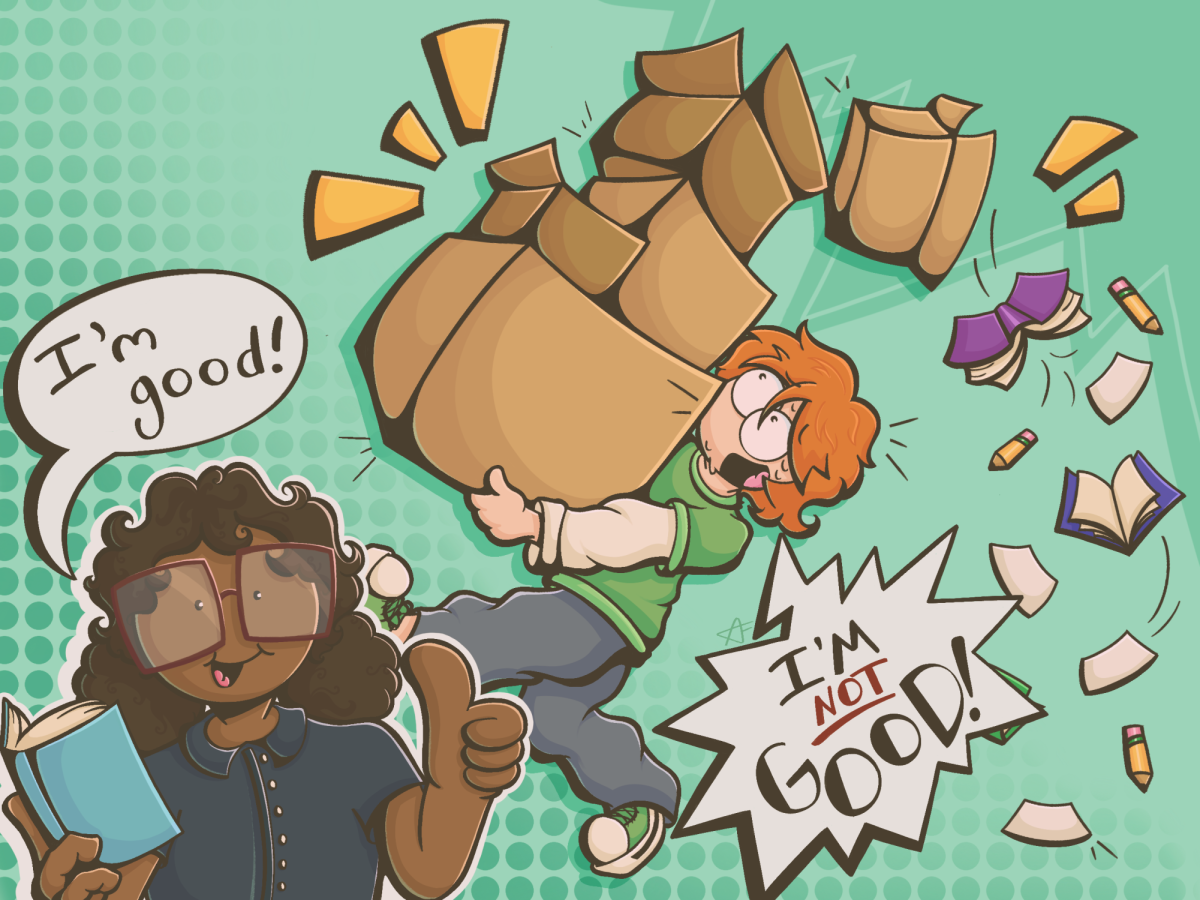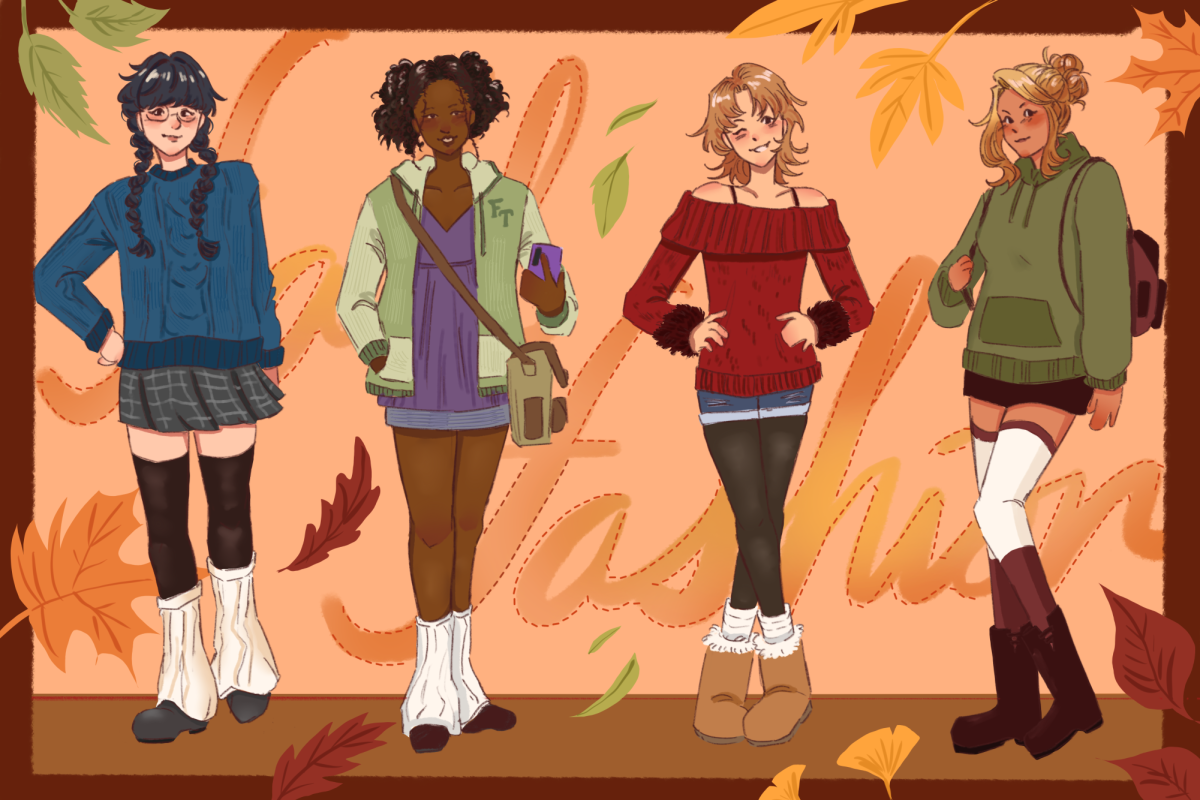Taylor Swift’s trending song, “August,” co-written and produced with Jack Antonoff in 2020, illustrates the story of a messy love triangle between teenagers, accurately capturing the bittersweetness of young love.
Swift paints the picture of a Romance-novel-esque story through “August” and two other songs off of the same album entitled “Folklore,” called “Betty” and “Cardigan.” The story she creates through these songs ropes in three “characters”: Betty, Augustine (or August) and James. James is a young highschool boy who falls for Betty, a girl he goes to school with. They eventually engage in a romantic relationship, but as James is away on a summer camp trip, he lusts for a girl he met there named Augustine. Over the course of the summer, August falls deeper into infatuation with James as he strings her along with the hope that they can be more than just a fling. After summer, however, James falls right back into the arms of Betty, leaving August just a bittersweet memory in his mind.
Verse one of the song starts with the lyrics “Salt air / And the rust on your door / I never needed anything more.” The lyric “I never needed anything more,” introduces the idea that August didn’t need to be in a labeled relationship to be with James, simply having him was enough.
The chorus describes the conflicting nature of the relationship saying, “But I can see us lost in the memory / August slipped away into a moment in time / ‘Cause it was never mine / And I can see us twisted in bedsheets / August sipped away like a bottle of wine / ‘Cause you were never mine.” The use of the two contradictory phrases: “August ‘slipped’ away” and “August ‘sipped’ away” develops the duality of the affair. “August slipped away” depicts the rushed, short-lived manner of the relationship, and how Augustine felt it slip between her fingers all too fast. “August sipped away” describes the affair as something they, or perhaps just August, savored, like an expensive bottle of wine.
Verse two restates how James and Augustine’s relationship was just a summer fling and builds the imagery of summer nostalgia saying, “Your back beneath the sun / Wishing I could write my name on it / Will you call when you’re back at school / I remember thinking I had you.” Swift’s use of the present tense, rather than past tense, provides the listener with a glint of hope, the same glint that August felt, that maybe James would still talk to her when the summer ends.
The chorus is repeated again, then going into the infamous bridge, the most beloved part of any Taylor Swift song. The bridge starts with the lyrics “Back when we were still changing for the better / Wanting was enough / For me, it was enough.” Swift begins by implying that wanting and yearning were enough, then backtracks by saying for her specifically, it was enough. This implies that the relationship was one sided and James did not reciprocate her feelings. Swift moves on to say, “To live for the hope of it all / Cancel plans just in case you’d call / And say ‘Meet me behind the mall.’” Swift uses this imagery of “Meeting behind the mall” to solidify the secretive nature of their relationship, showing that they could only spend time together in clandestine meeting spots, hidden away from others. She finishes the bridge with the lyrics “So much for summer love, and saying ‘Us’ / ‘Cause you weren’t mine to lose / You weren’t mine to lose, no.” Swift doubles down on the phrase, “You weren’t mine to lose,” which makes it all the more heartbreaking as you can feel August’s hurt and realization that she never had James in the first place, Betty did, yet she lost him.
After the chorus is sung for the third time, Swift leads into the outro where she says “Remember when I pulled up / And said ‘Get in the car’ / And then canceled my plans just in case you’d call / Back when I was living for the hope of it all / ‘Meet me behind the mall’”. These lyrics are intertwined with “Betty,” which tells the entire story from James’ perspective. The song is his apology to Betty for leaving her, with lyrics from “Betty” supporting this idea. “Just thinking of you when she pulled up like a figment of my worst intentions / She said ‘James get in, let’s drive’… slept next to her, but I dreamt of you all summer long.” These lyrics, specifically the phrase “A figment of my worst intentions,” describes James’ detached, disillusioned feelings towards August, furthering the meaning of “For me it was enough” because it wasn’t enough for him.
The ending of “August” uses a lot of instrumentals, such as hopeful violin notes and synthy noises, paired with ethereal vocals that add to the nostalgic, wistfulness of a summer fling, reminding the listener of the hope that August held out for James and then the pain of how crushing it was.


